Humans
Sign up for our newsletter
We summarize the week's scientific breakthroughs every Thursday.
-
 Chemistry
ChemistryLiquid salts break through armored bacteria on skin
Compounds called ionic liquids can penetrate bacterial biofilms on skin to deliver antibiotics to potentially life-threatening infections.
By Sam Lemonick -
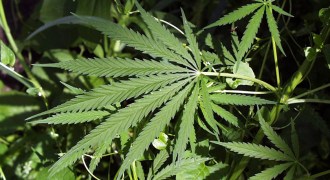 Health & Medicine
Health & MedicineStates’ pot laws linked to drug overdose death rates
Death rates from drug overdoses appear to be lower in states with medical marijuana laws.
-
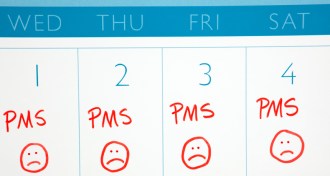 Psychology
PsychologyHypothesis on evolution of PMS attracts hostility
A new hypothesis states that PMS is evolutionarily useful for making women leave an infertile partnership. But other scientists question whether the hypothesis is reasonable or, in fact, even necessary.
-
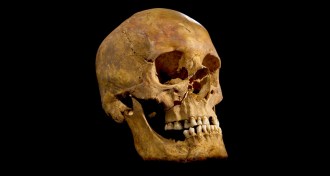 Anthropology
AnthropologyRichard III ate like a king before biting the dust
King Richard III’s brief reign included a sudden shift to eating fancy food and drink.
By Bruce Bower -
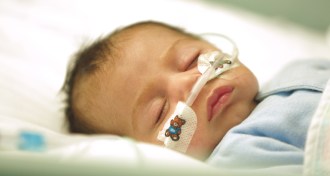 Health & Medicine
Health & Medicine‘NOVA’ takes science’s side in vaccine debate
A TV documentary dissects concerns about vaccinations and spells out the science supporting their use.
By Nathan Seppa -

-
 Life
LifeTest drug stops Marburg virus in monkeys
Using a nano-size piece of RNA, scientists have stopped Marburg virus in monkeys.
-
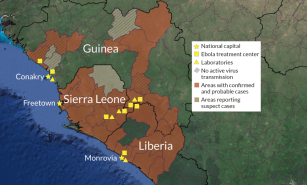 Health & Medicine
Health & MedicineExperimental drugs and vaccines poised to take on Ebola
The use of experimental drugs and vaccines against Ebola may turn the tide against an outbreak in Africa that has defied efforts to control it.
By Nathan Seppa -
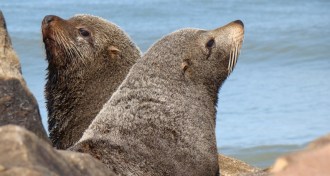 Genetics
GeneticsLong before Columbus, seals brought tuberculosis to South America
Evidence from the skeletons of ancient Peruvians shows that seals may have brought tuberculosis across an ocean from Africa.
-
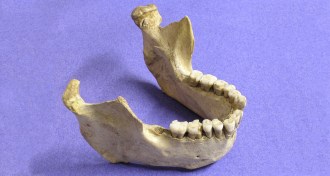 Anthropology
AnthropologyEarlier dates for Neandertal extinction cause a fuss
Revised dates suggest Neandertals coexisted with modern humans for several thousand years in Europe before disappearing 40,000 years ago.
By Bruce Bower -
 Health & Medicine
Health & MedicineStudy puts numbers to post-baby sleepiness
Many moms aren’t getting good sleep months after giving birth, reports a new study and every mother ever.
-
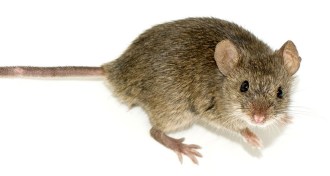 Health & Medicine
Health & MedicineTaking lab mice back to their roots
Lab mice are incredibly useful for biomedical research. But they are also incredibly inbred. A new study shows that bringing wild mouse traits back could help uncover new links between genes and behavior.